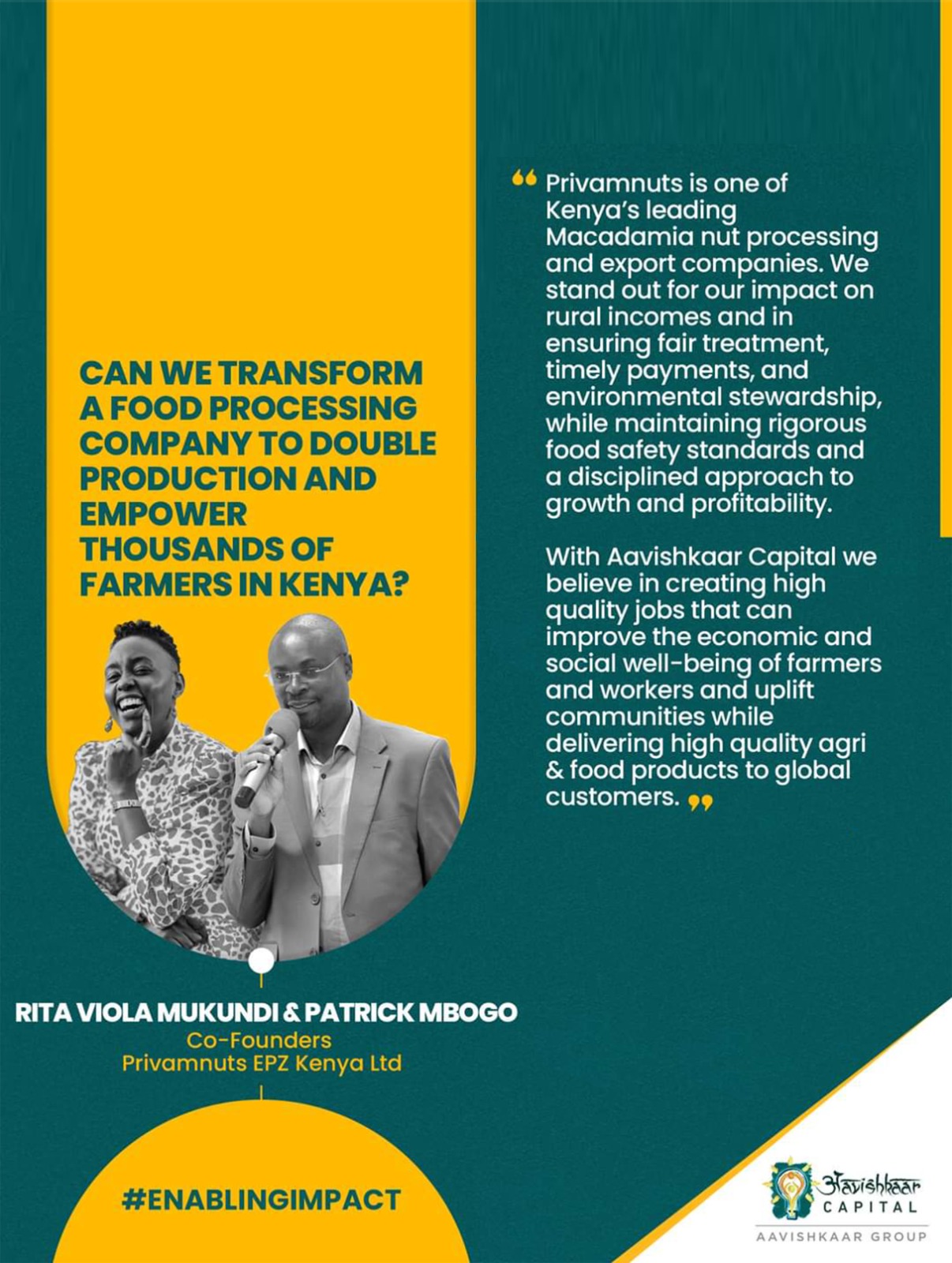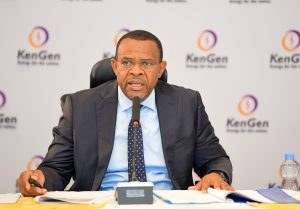
Bitange Ndemo,Kenya's Ambassador to Belgium & EU
- Building a Resilient Circular Economy for Sanitation in Sub-Saharan Africa;
By Bitange Ndemo;
A resilient circular economy is one that designs out waste and pollution, keeps products and materials in use, and regenerates natural systems.
It also enhances the ability of individuals, communities, and ecosystems to adapt to shocks and stresses, such as climate change, pandemics, or rapid urbanization. When applying this approach to sanitation, we can turn human waste into valuable resources, such as fertilizer, biogas, or protein, and create new markets and livelihoods for the urban poor.We can also reduce untreated waste’s environmental and health impacts and improve the resilience of urban systems and services.
However, cities like Nairobi need more infrastructure, policies, and financing to provide adequate sanitation services for their residents, especially the poor and marginalized. The conventional model of centralized sewerage systems and wastewater treatment plants is often too costly, energy-intensive, and land-consuming to be feasible or scalable in urban contexts.
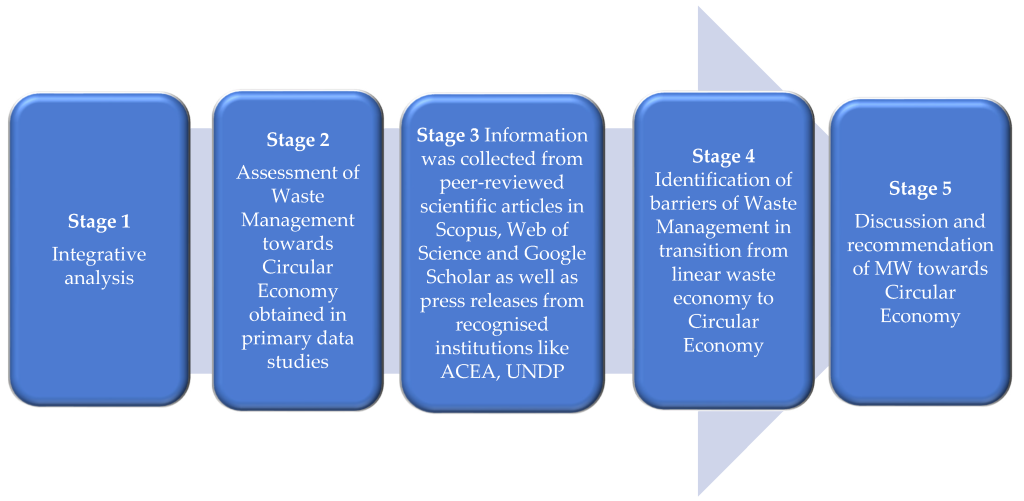
Furthermore, it needs to address the issue of resource recovery and reuse, which is essential for creating a more sustainable and circular economy. This problem necessitates innovative and alternative solutions that can deliver safe, inclusive, and resilient sanitation for all while generating social, environmental, and economic benefits.
In 2011, three Massachusetts Institute of Technology (MIT) graduate students, Lindsay Stradley, Ani Vallabhaneni, and David Auerbach, sought to apply this alternative innovation in Kenya.I had the privilege of meeting the trio when they founded Sanergy Collaborative to solve the sanitation problem at Mukuru Kwa Njega, a slum village behind the South B estate in Nairobi.
Their business was collecting sanitation and organic waste from the slum dwellers. In return, they provided portable clean toilets to their clients. Employees used Mkokoteni (handcarts) to transport fresh human waste branded Sanergy Fresh Life.
As the social enterprise grew, it attracted many other leaders with wide experience, such as Michael Lwoyelo, who had studied and worked in the UK and then returned to Kenya to make a difference. Over time, they have added veteran leaders like Anthony Mulinge, who led the growth of large international corporations like SC Johnson, and Elizabeth Mururi, who had worked in the executive office at Equity Bank. The Sanergy Collaborative has grown to over 500 teammates, with over 98% Kenyan and approximately 65% under 33 years old.
When I visited the organization earlier in the week, I once again had the privilege to address many of its employees and share my thoughts on the remarkable progress David and his colleagues have made since they started.They have thrived where it looked impossible a couple of years ago.
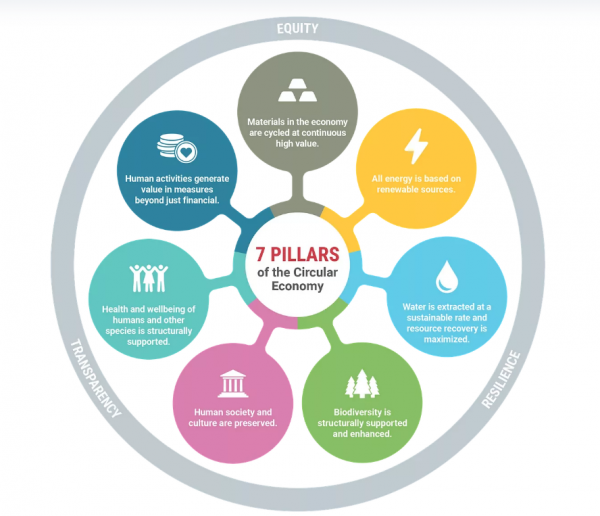
As a result, the Sanergy Collaborative is today comprised of several companies, including Fresh Life, which provides safe sanitation services in informal settlements; Regen Organics, which locally produces organic fertilizer, insect protein, and other valuable agricultural inputs using a circular economy approach; and Circular Impact, which focuses on supporting circular economy companies measure their environmental impact and generate carbon credits
The organization’s impact is enormous. Fresh Life has established one of the world’s largest pro-poor, safely managed, non-sewered sanitation networks. As of April 2024, Fresh Life provides daily access to safe sanitation to over 270,000 people through a network of over 7,300 active container-based toilets in 3 cities in Kenya and soon in Zambia.
The company collects 17,000T of waste per year. It has created green jobs throughout our value chain, with over 5,400 entrepreneurs in their network and 350 full-time Fresh Life employees.
In Agriculture, Regen Organics operates the largest recycling factory in East Africa, processing ~80,000T of waste annually utilizing solar power and renewable fuels and producing 8,500T of organic fertilizer and, at scale, 2000T of insect protein per year. Farmers typically see an increase in yields of up to 20-70% in the first growing season, leading to increased incomes of 40%.
A recent report from Kearney demonstrated a 19x social return on investment with our fertilizer. As of April 2024, we serve 10,000 farmers through 1500 agro vets across Kenya and have begun to export into Uganda.
Their approach has profound environmental benefits in preventing waste from polluting rivers and waterways, further preventing methane and carbon from polluting our air.
They strengthen local food systems, reduce the need for costly and polluting imports, and have improved the soil to become more resilient and healthier.
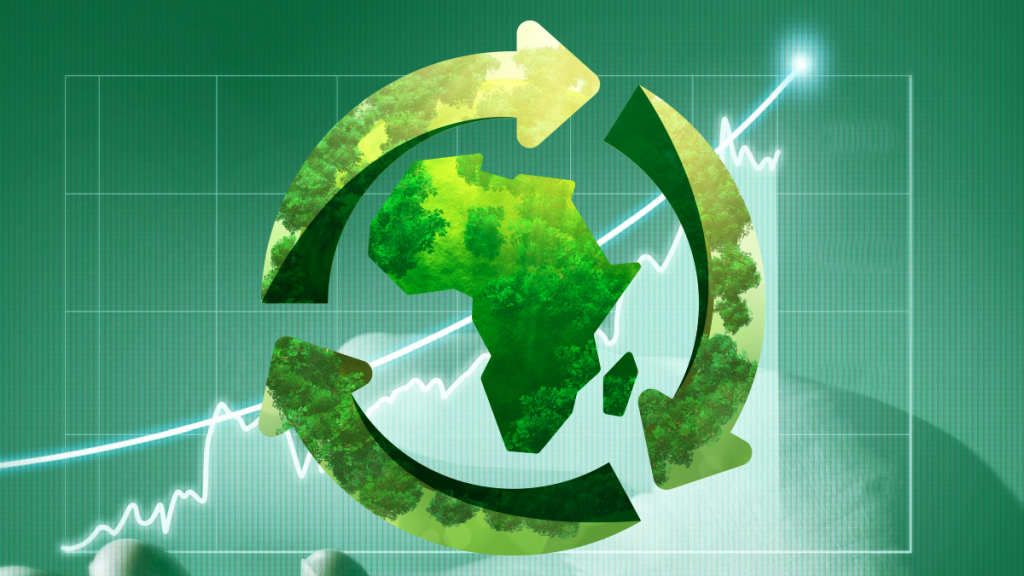
Their operations generate carbon credits. For example, in 2023, they managed to offset 20,000T of CO2e emissions and are in the final stages of being the first organization in Africa to gain circular economy carbon credits.
Their projection for the next five years includes serving 1 million people with safe sanitation and collecting and converting 1 million tons of organic and sanitation waste in Sub-Saharan Africa into 250,000T of organic fertilizer & 100,000T of insect protein per year.
Other goals include offsetting more than 500,000T of carbon and methane emissions per year, supporting over 250,000 farmers to increase their livelihoods and creating 20,000 new green, inclusive jobs, particularly for youth and women.Sanergy Collective plans to reach many African countries outside Kenya, Zambia, and South Africa, where they already have a presence.
Sanergy Collaborative has the ambition of significantly contributing to the achievement of Sustainable Development Goal number 6, Water and Sanitation, even as the UNA-NCA estimates that globally, 4.2 billion people do not have access to safely managed sanitation services and nearly 2.4 billion people lack access to toilets or latrines.
As a result, two million tons of sanitation waste are dumped daily into rivers and waterways, causing tremendous health, environmental, and economic damage. Water and sanitation-related diseases cause 4% of all deaths and 7% of disabilities globally.
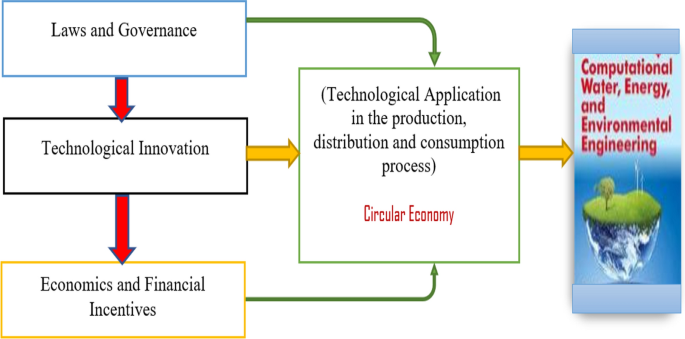
For this reason, Sanergy Collaborative is calling upon a coalition of visionary philanthropic partners who seek to turn this moment of crisis into an opportunity for sustainable and holistic growth for Sub-Saharan Africa. By joining hands, we shall enable cities, communities, and countries to build lasting systems to clean up cities, make people healthier, make soil more productive, and protect our environment.
Sanergy Collaborative is a social enterprise that aims to provide safe and sustainable sanitation solutions for urban communities in Sub-Saharan Africa.By partnering with visionary philanthropists, they aim to scale up their impact and transform the lives of millions who lack access to toilets and waste management services.
Sanergy Collaborative’s innovative model improves health and hygiene and generates valuable waste products, such as organic fertilizer, insect protein, and renewable energy. By supporting Sanergy Collaborative, you will be investing in a cleaner, greener, and more prosperous future for Africa.
The Author is Kenya’s Ambassador to Belgium & EU | Professor of Entrepreneurship | Technocrat | Columnist






